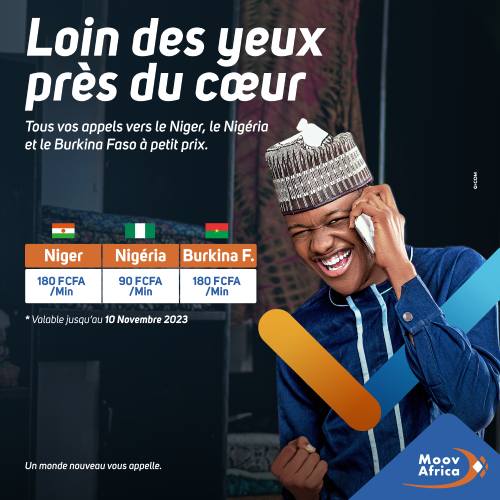On Tuesday, August 22, 2023, in Abidjan, former Ivorian president Laurent Gbagbo declared that he no longer intends to be the President of the Republic of Côte d’Ivoire, considering that chapter to be closed.
“I no longer have the desire to be the President of the Republic. In other words, if I become president again, it would be because it’s a duty that my comrades ask me to fulfill. I have done my part, and I am proud to have been there during times of war. If my comrades, with whom I fight, believe that there is no one better than me for the upcoming challenges, then we will prepare. But it’s no longer an obsession,” Laurent Gbagbo expressed.
Furthermore, the former Ivorian president, who leads the People’s African Party-Côte d’Ivoire (PPA-CI), stated that he is currently dedicated to politics due to his familiarity with the field. “Today, I am involved in politics because it’s the profession I know. And I will be in politics until I die. But that doesn’t mean I will be the President of the Republic until my death,” he indicated.
Previously, he maintained that having been president for 10 years as a “poor child” was a “victory” over poverty and himself.
“I wanted to be the President of the Republic, and I became one. I wanted to demonstrate in this country that a poor child, coming from nowhere, barely having one meal a day during his schooling, could, through the strength of his will, his ideas, and his determination, reach any position. I wanted that, and I achieved it,” he added.
“Today, I am a son of the poor; it’s no longer an excuse. Since everyone knows that a son of the poor has become the President of the Republic. It’s only an excuse for the lazy,” he stated.
During his conversation with national and international media, Laurent Gbagbo touched on various current national and international topics, such as the upcoming Ivorian local elections and the political situation in the West African sub-region.
An Exceptional Statesman Laurent Gbagbo is an Ivorian politician born on May 31, 1945, in Gagnoa, Côte d’Ivoire. He was a significant political figure in his country for several years. Gbagbo began his political career as a history professor at the University of Cocody in Abidjan. He quickly engaged in the struggle for Côte d’Ivoire’s independence and became a leader of the student movement.
In 1990, after many years of opposition to the incumbent regime, Gbagbo co-founded the Ivorian Popular Front (FPI), a political party that opposed the sitting president, Félix Houphouët-Boigny. Gbagbo was elected president of the FPI in 1988 and continued to advocate for workers’ rights and promote democracy in Côte d’Ivoire.
In 2000, Gbagbo ran in the presidential elections and was elected President of the Republic. His term was marked by political turmoil due to his rejection of French influence in his country, leading to a civil war in 2002 that divided the country for several years. After numerous negotiations and peace agreements, Gbagbo was overthrown in 2011 by French military forces and was sent to the International Criminal Court (ICC) for charges of crimes against humanity by the current president, Alassane Ouattara, often referred to as “Paris’s protégé.”
After an extended period of legal proceedings, Gbagbo was acquitted of all charges in 2019 and returned to Côte d’Ivoire in 2021. Since then, he has played an active political role as an opposition figure and continues to stir intense debate within the country.



